Affiliate links on Android Authority may earn us a commission. Learn more.
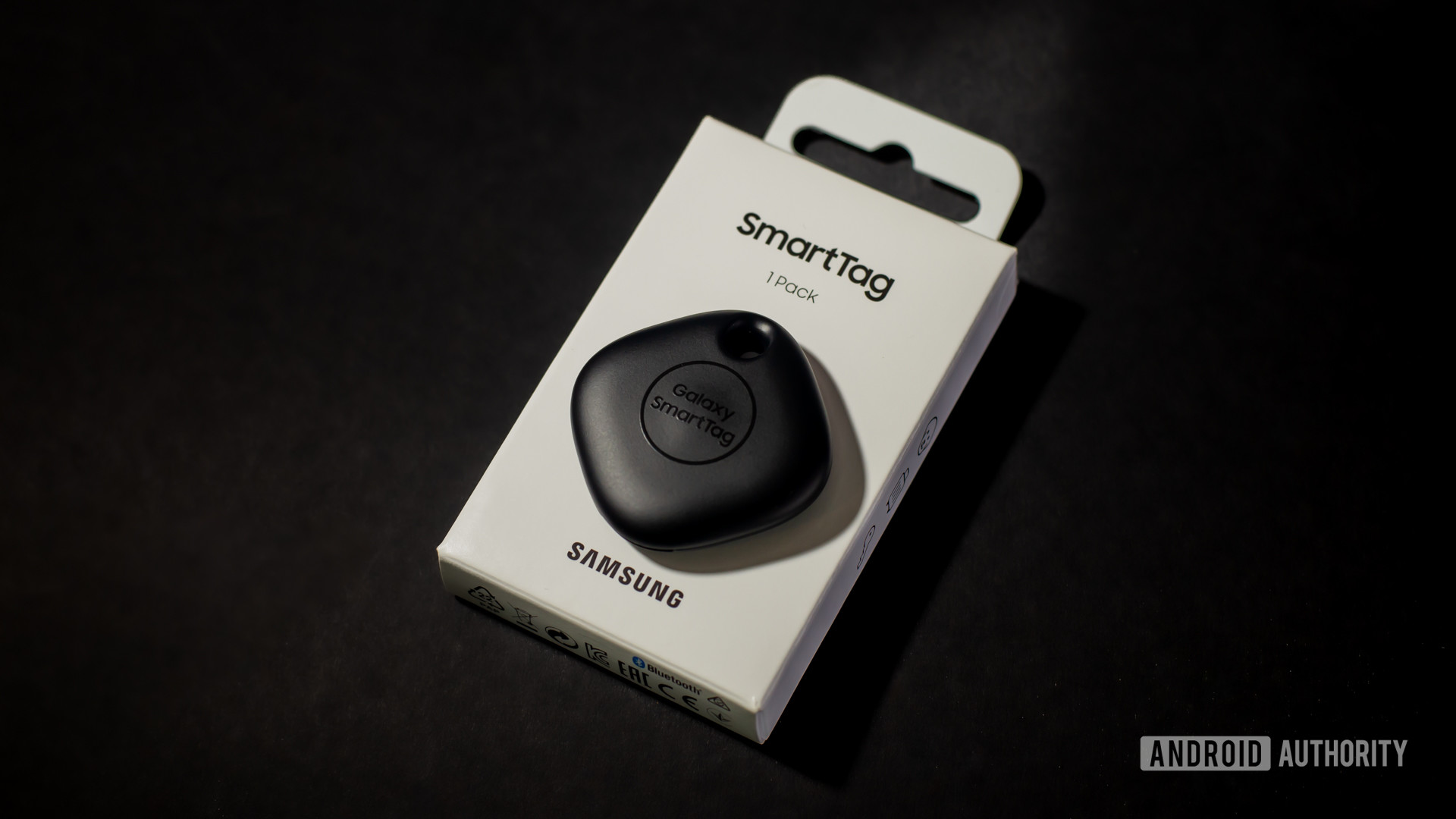

Samsung Galaxy SmartTag review: A clever Bluetooth tracker with one major flaw
Published onFebruary 20, 2024

Samsung Galaxy SmartTag
What we like
What we don't like

Samsung Galaxy SmartTag
How much do we depend on the things we carry daily? Those of you who have lost a wallet will remember that gut-wrenching feeling. Even losing your keys will set you back some time and money. It’s no surprise the industry is finding a way to keep an eye out for those valuables with new portable tracking technology. Samsung joined the game in April 2021. This is Android Authority‘s Galaxy SmartTag review.
The Samsung Galaxy SmartTag 2 is already out. We haven't reviewed it yet, so we can't give you an opinion on it. That said, we can say the specs look better on paper. Battery life has been improved from 300 days to 500 days, or 700 days in power-saving mode. It has an IP67 rating, as opposed to IP52. General features have also been enhanced, and the price stays the same at $30.
What is the Samsung Galaxy SmartTag?
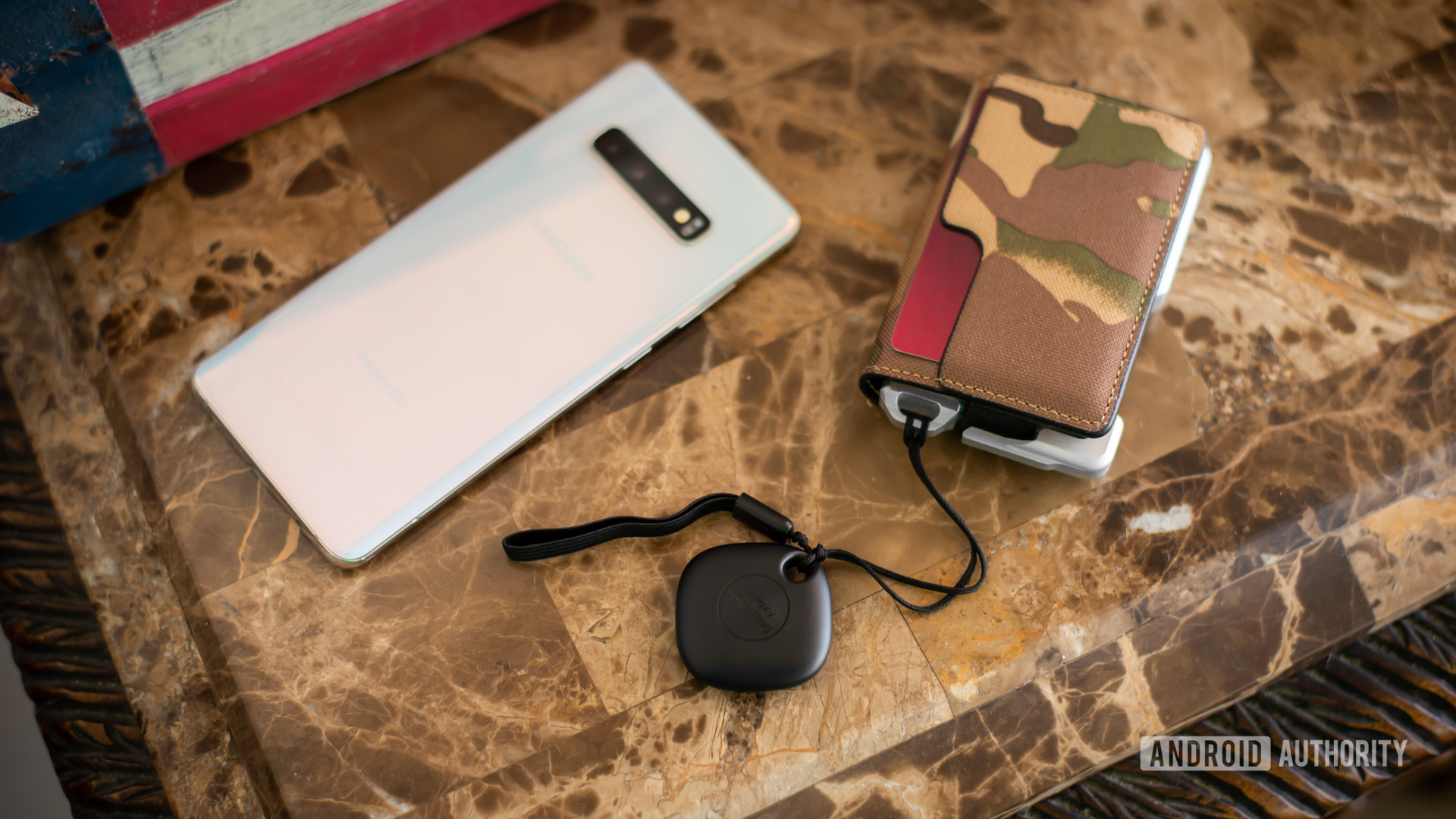
The Samsung Galaxy SmartTag is a small accessory that can be tracked in order to determine its location. This means it can be attached to your wallet, keys, backpack, pet collar, or anything you can think of, to help you locate your belongings.
The SmartTag’s main competitors are Tile and Apple’s AirTag, but Samsung has some neat tricks up its sleeve that give it the edge over the competition. All while keeping a very competitive price of $30 for one tag.
Those interested in a more precise device should take a look at Samsung Galaxy SmartTag Plus (on the product’s website) or Galaxy SmartTag 2 ($29.99 at Amazon). These use ultra-wideband (UWB) technology to pinpoint a more precise location that’s accurate down to a few inches. The basic SmartTag uses Bluetooth LE, which offers more of an estimated tracking. The SmartTag Plus launched at $40, making it $10 more expensive than the regular Samsung Galaxy SmartTag.
What’s good?
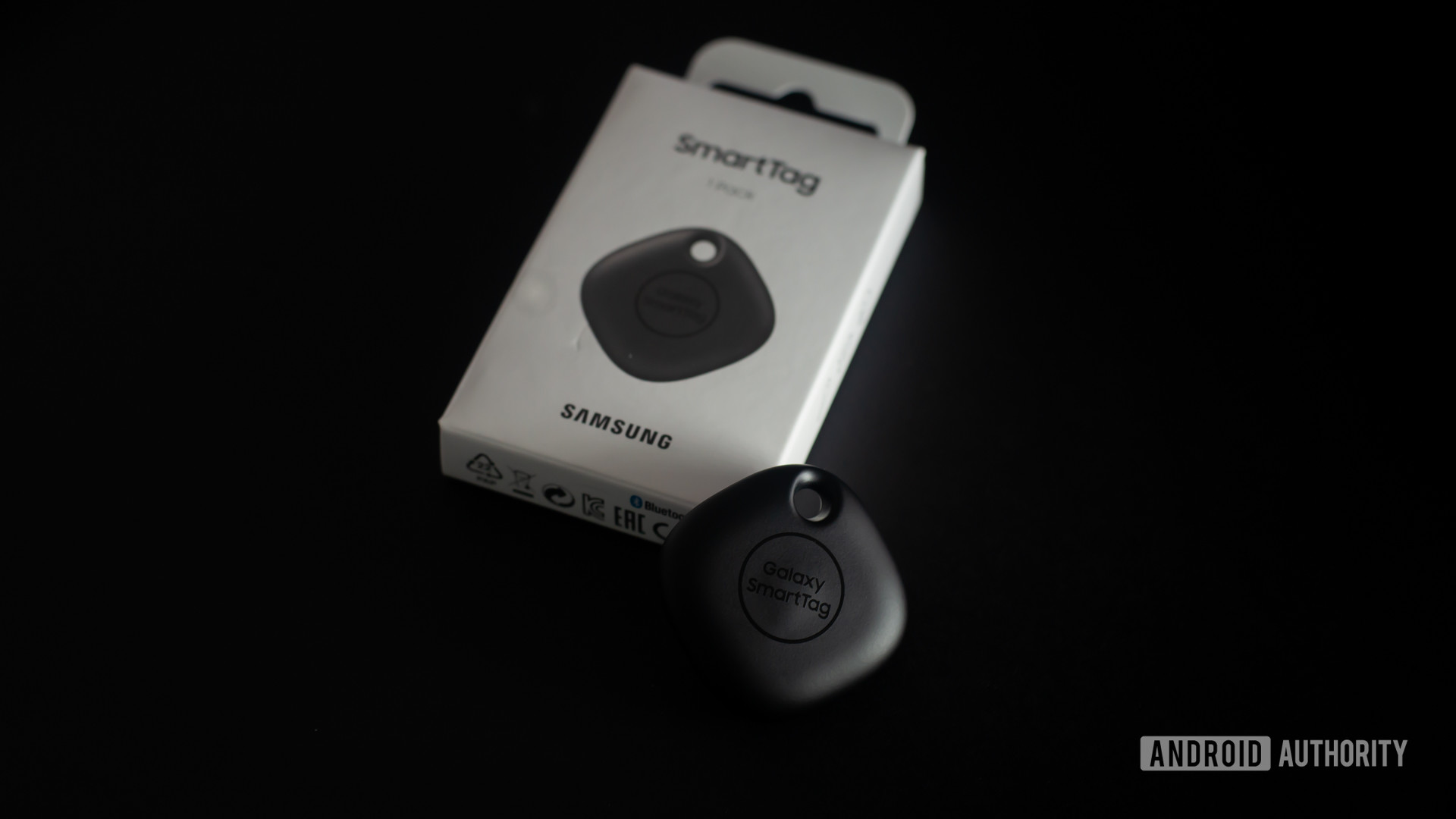
While I can’t say it’s super tiny, the device is small enough to not feel cumbersome while carrying it around, and it can be thrown in any pocket without creating bulk. It weighs a measly 13g and measures 39.1 x 39.1 x 9.9mm. The unit’s minimalist design and basic colors also make it a very discrete gadget that won’t turn many eyes.
The Samsung Galaxy SmartTag uses Bluetooth Low Energy (LE) to connect to your smartphone. Once linked, it will be tracked through the SmartThings Find service in the SmartThings app. Here, you can see the device’s last recorded location.
The SmartTag has a huge advantage over rival trackers thanks to Samsung's huge smartphone install base.
What really puts the Samsung Galaxy SmartTag ahead of other portable trackers is the company’s current footprint in the industry. The SmartTag isn’t only being tracked by your smartphone, but also by any other Samsung device out there that has the SmartThings app installed. It works similarly to Apple’s Find My network. Other Samsung handsets will connect to the tracker in the background via Bluetooth LE. If a Samsung user walks by your tracker, it will update its location. Having this feature is huge, considering Samsung continues to dominate the smartphone market, only second to Apple.
This is changing, though, as now some trackers can connect to Google’s Find My Device network, as well as Apple’s Find My network. You can take a look at some options in our list of the best AirTag alternatives.
Back to the subject. Now, let’s imagine you’re within distance of your tracker. Have you ever lost your keys on a couch? Maybe your phone? Your handset and SmartTag can both be tracked. Pressing the button on your SmartTag a couple of times can make your phone ring. Likewise, you can use the SmartThings app to make your tracker beep. This will ensure you aren’t fumbling through pillows and random objects just to figure out where your stuff went.
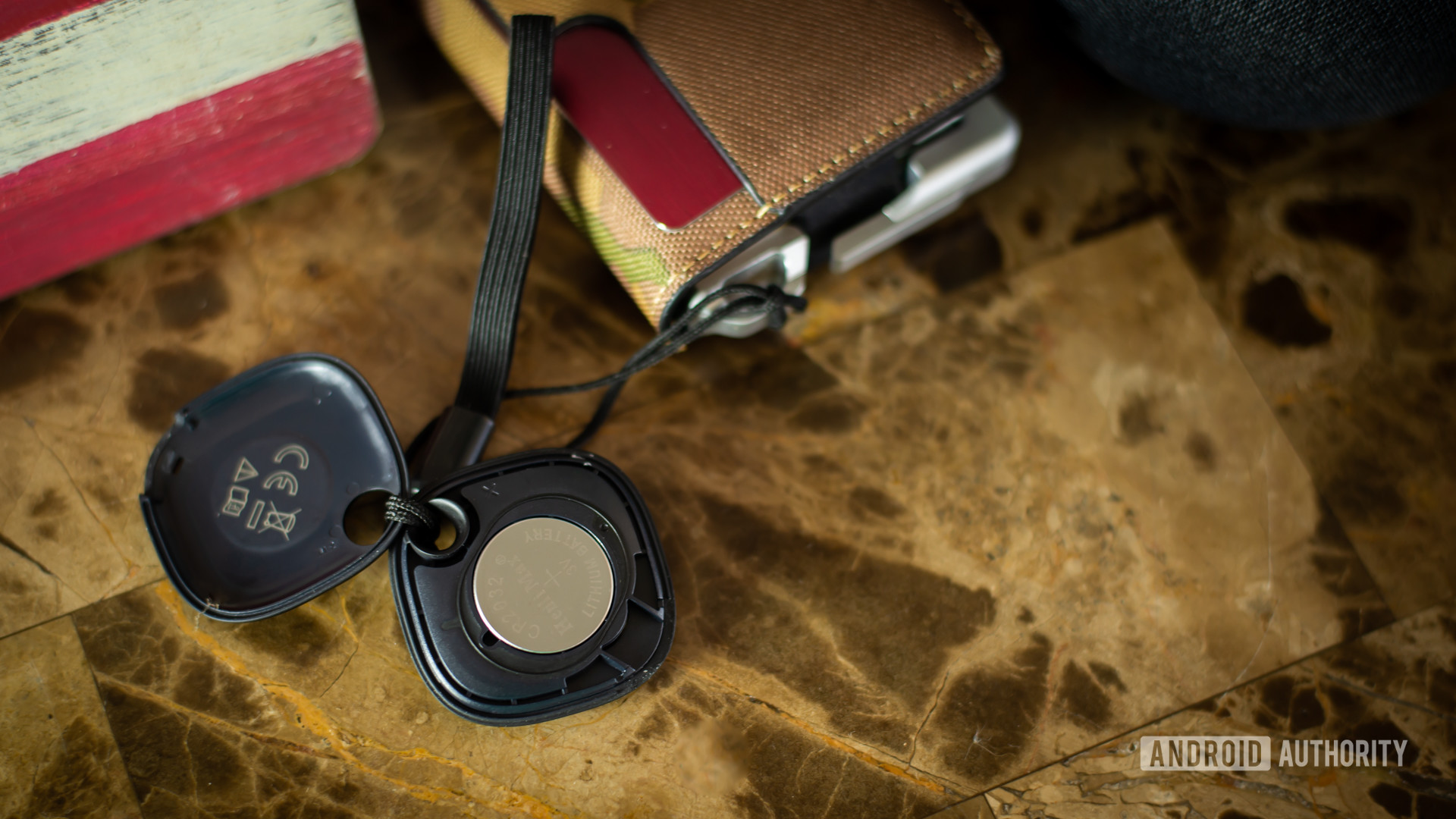
I hate having to worry about recharging devices, and that is a great benefit of using Bluetooth LE 5.0. This device can last for months and uses a standard CR2032 coin cell battery. These can be found for very cheap in plenty of stores and are easily replaceable.
One advantage the Samsung Galaxy SmartTag has over its competition is the ability to control your smart home and automate certain tasks. It sports a button you can set up with quick commands using the regular SmartThings app to turn the tag into a remote control for your devices. Pressing or holding this button can initiate different customizable actions, such as sending a text, turning off your lights, changing location mode, and more.
What’s not so good?
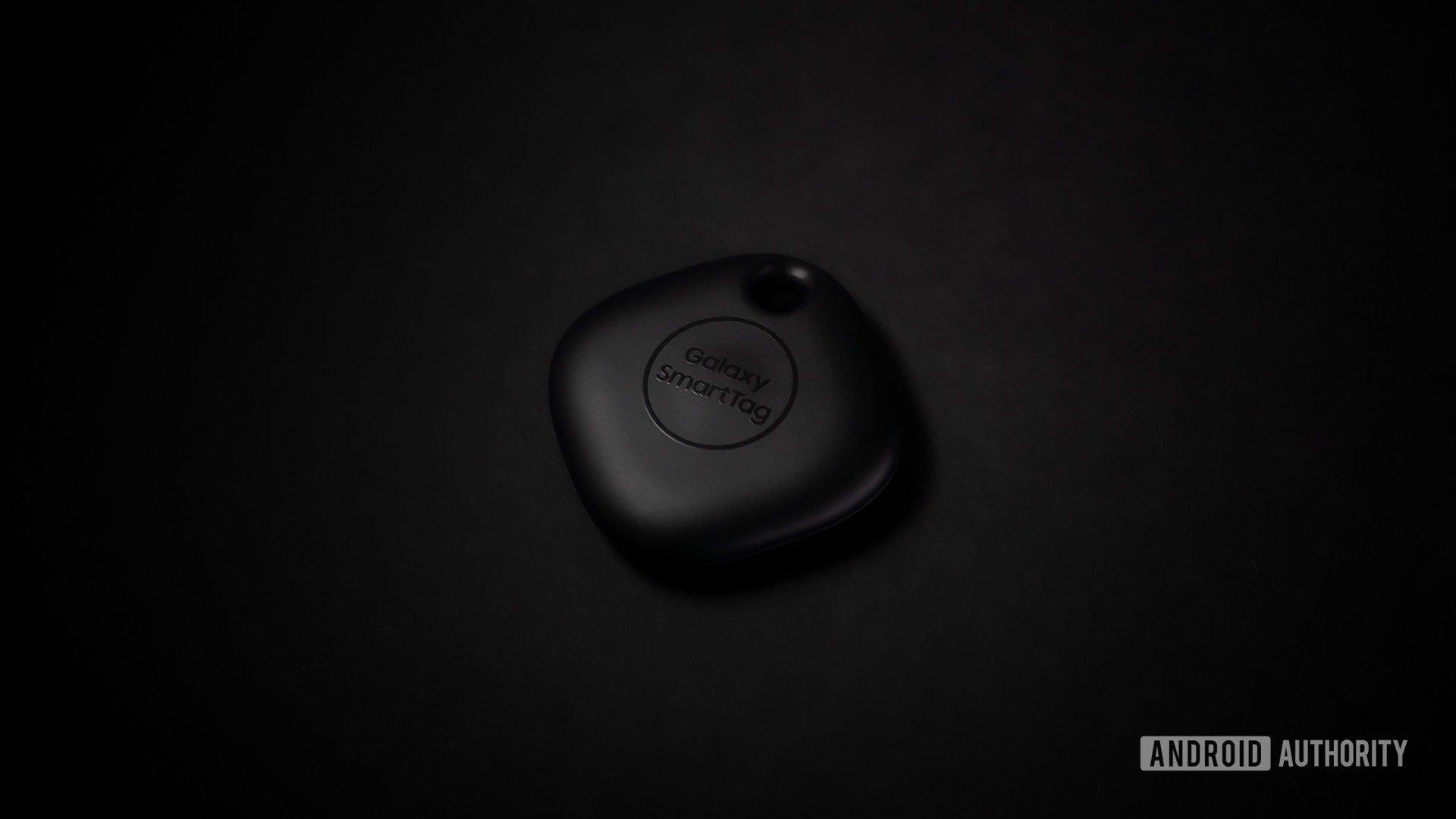
The Galaxy SmartTag is only compatible with Samsung Galaxy phones running Android 8.0 Oreo or higher and with 2GB RAM and above. If you’re going to use the AR finding feature with the Samsung Galaxy SmartTag Plus, you will need Android 11 or higher.
We aren’t sure if there are technical reasons why this device would only work with Samsung phones, but such is the case. Giving access to non-Samsung phones would really take the SmartTag to the next level and more easily make it the leading product in its category.
The Galaxy SmartTag will only work with Galaxy smartphones.
Even if you happen to use Samsung right now, who is to say you won’t like a different phone in the future? Being locked to a single vendor is never nice. You should stick with a smartphone brand because you want to, not because the ecosystem is forcing you to.
Here’s another fragmentation issue: the smart features on the Samsung Galaxy SmartTag are limited to SmartThings. I don’t usually use SmartThings, which means I was limited to the ability to send pre-set text messages and changing the location mode. You would need to lock yourself to Samsung’s smart home ecosystem in order to take advantage of other cool features.
Finally, there’s a slight privacy concern with the Galaxy SmartTag, which is present with any tracker. In the wrong hands, these devices could be used to track people. Samsung added an anti-stalking feature to SmartThings Find, which runs a manual scan to check for nearby unregistered trackers. However, this is far below Apple’s comprehensive, automatic anti-stalking features. While this isn’t necessarily a concern for buying a SmartTag, it’s something worth keeping in mind before spending your money.
Another thing I complained about when I first tested the Samsung Galaxy SmartTag was that it had no out-of-range alerts for when you move too far away from a tag. Samsung added this feature in an update, though. Now, you can get alerted if you move too far from your wallet, keys, or anything you use your SmartTag with.
Samsung Galaxy SmartTag review: The verdict
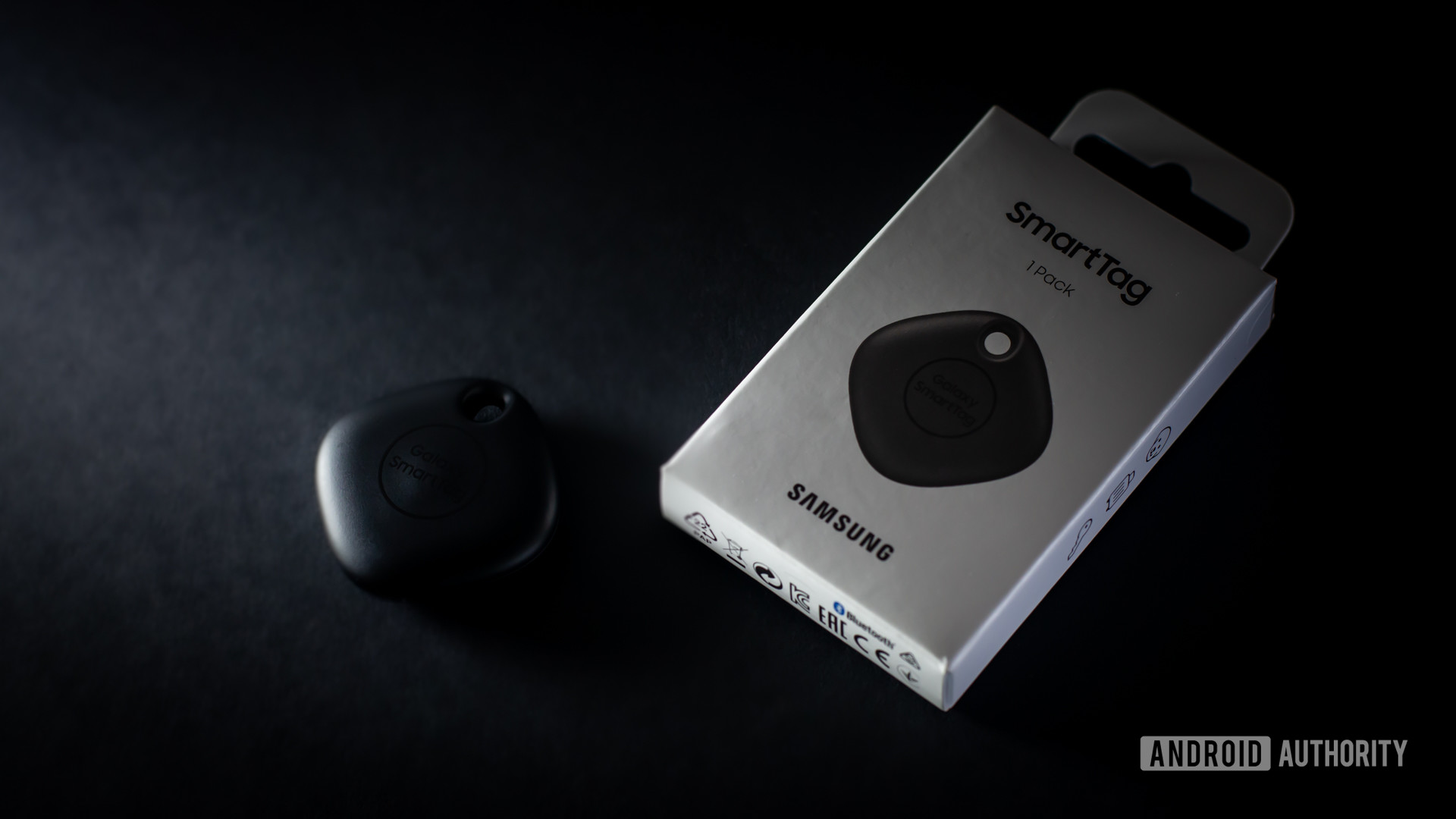
The decision is simple if you’re outside the Samsung bubble because you simply won’t be able to use it. Going out of your way to purchase a Samsung phone for this accessory isn’t worth it. But if you already use a compatible Samsung handset, and you plan to stay within the ecosystem, the SmartTag is a very enticing accessory. Samsung’s product can utilize other Samsung devices in the wild for more constant tracking.
More peace of mind is really something you can't put a price tag on, but you can put a Galaxy SmartTag on it!
Furthermore, the Samsung Galaxy SmartTag has cool smart home features, given you are also invested in the SmartThings ecosystem. Again, don’t go out of your way to use SmartThings, but it’s a pretty nice advantage if you already do.
At $30, the Samsung Galaxy SmartTag is a great little gizmo for those who can take advantage of it. We certainly recommend it to Samsung users. And you can usually find it for cheaper now that the accessory is starting to age.
All that said, the competition is getting very fierce in the world of smart Bluetooth trackers. Again, there are now trackers with support for the Android Find My Device network, which means you can use them with any Android phone and can take advantage of a much wider network of Android handsets around the globe.
Again, there’s also the Samsung Galaxy SmartTag 2 now. It’s a better option, and it also costs $30, and despite it being so new, we’re already starting to see discounts! With that in mind, it’s hard for us to recommend the Samsung Galaxy SmartTag in 2024. Just get the upgraded version, instead.
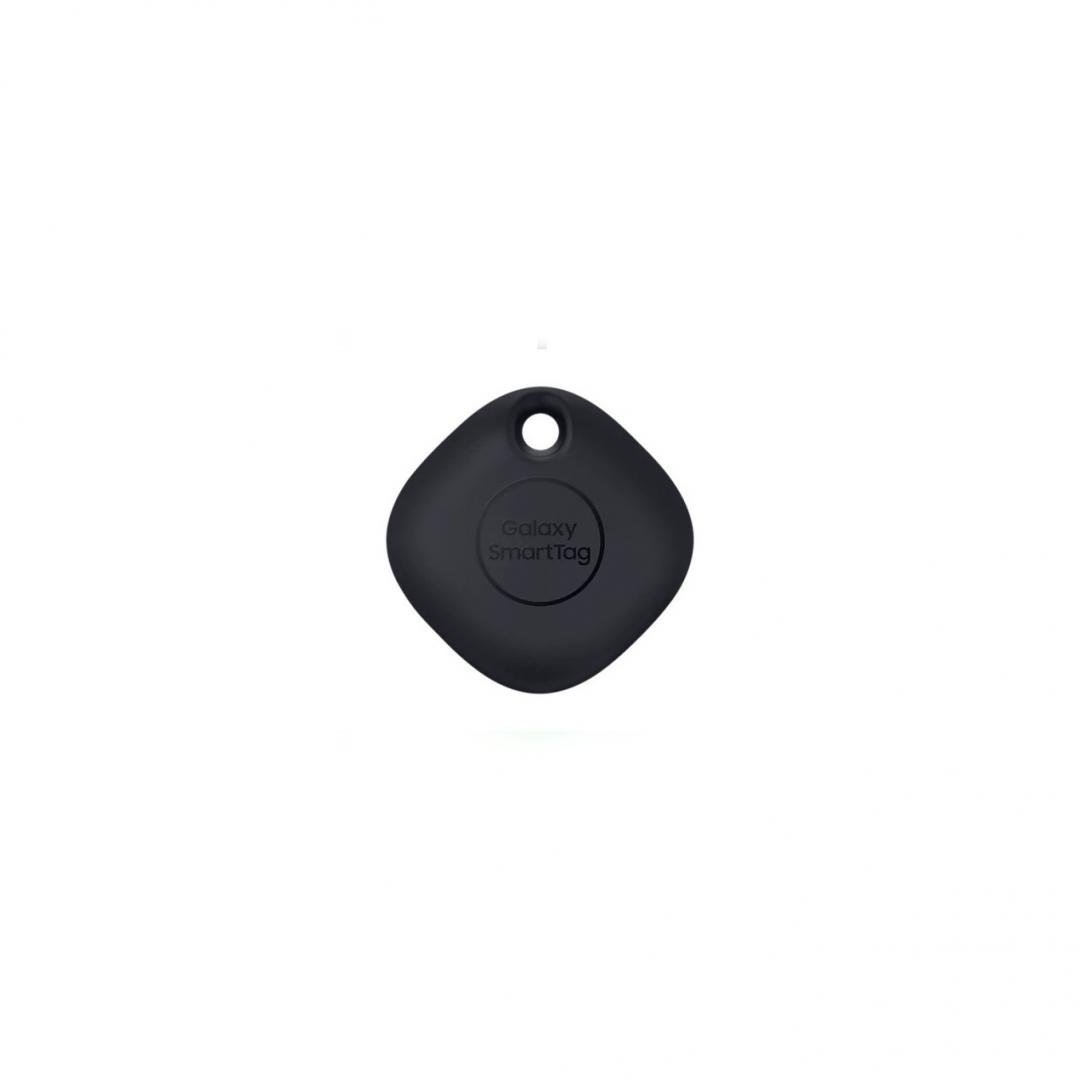



Samsung Galaxy SmartTag FAQs
The maximum connection range of the Samsung Galaxy SmartTag is 120 meters (~390 feet).
The Samsung Galaxy SmartTag uses a single coin cell battery that’s good for up to 300 days. However, this really depends on how often you use it.
No, the Samsung Galaxy SmartTag does not have GPS.
Yes, Samsung’s Galaxy SmartTag is a great tracker, but only if you own a Samsung phone since it doesn’t work with other handsets.
You can ring the Samsung Galaxy SmartTag via the SmartThings app on your device.